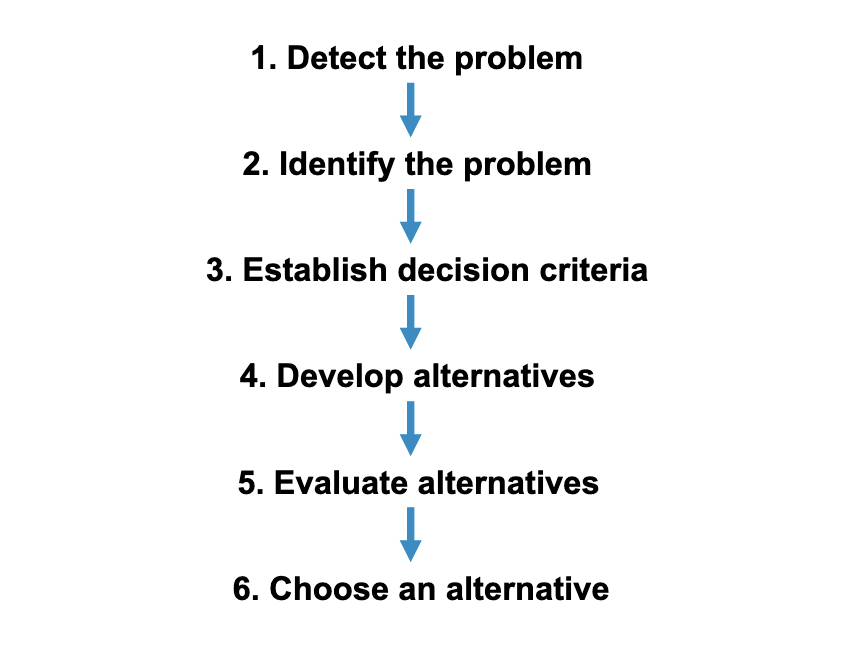Data-Driven Decision-Making (Tilburg, 324070)
Master of Accountancy, Block 4
 Photo by Isaac Smith on Unsplash
Photo by Isaac Smith on Unsplash
Ressources
The Msc. course “Data-Driven Decision-Making” is a new course Judith Künneke and I co-teach in the controlling track of our Master in Accountancy program. The course webiste contains our lecture notes in web-book form. We decided to co-develop these as a living document while teaching the course. We hope it will help those coming from an accounting or controlling background to dig into the basics of using data to make better business decisions.
Course Description

A famous quote by James Love Barksdale (former president and CEO of Netscape Communications) to his management staff is: “If we have data, let’s look at data. If all we have are opinions, let’s go with mine.” These days the credo turns more and more to: “If all we have are opinions, let’s collect data”. At its heart, data-driven decision-making (DDDM) simply means making decisions based on a (hopefully rigorous) analysis of data, as opposed to intuition, observation, or simply guesswork. Sparked by the digital transformation of recent years, the volume of data and data collection efforts have intensified significantly. This is because decision-makers have learned that the new data available, when handled and interpreted correctly, becomes a valuable resource for organizations to steer their businesses and optimize performance.
As a consequence, the responsibilities of accountants have altered substantially. Particularly the finance and control function role has changed—from being the “scorekeeper” (measuring performance and its determinants across all levels of the company) to facilitating management in making decisions. In this new environment, the key challenge for business controllers is to properly understand, manage, analyze, and report the increasing amount of data to proactively support management in the decision-making process.
This course teaches you the knowledge and skills to master the challenges that come with the decision-facilitating role of the business controller in a quickly evolving data environment. We start the course by laying out the core ideas of decision theory in a simple and intuitive manner. These ideas provide the framework to guide us in setting up any data analysis, deciding on which data we need and which analysis methods to use. After setting the foundation and learning how to prepare data adequately, we will turn to interrogating the data with the goal of informing a specific decision problem. We will dive deep into the art/science of turning data into information, which in its most basic form implies giving context to data and interpreting data in a meaningful way. By building on and expanding your existing statistics knowledge, you will be able to answer questions ranging from “What has happened in the past?” to “What is most likely to happen in the future?” and “How uncertain are we about our predictions and what can we do about it?” Moreover, you will learn how to visualize the produced information to support decision-makers in the most effective and efficient way. Therefore, by the end of the course, you will have gained a solid knowledge and skills base to become a valuable business partner to the executives of your future employer (or to manage your own firm).
In addition, this course should be particularly helpful for your Replication Study and Research Note as hypothesis development and working with data is an integral part of this course.
Learning Goals
Upon successful completion of this course, you will be able to:
- Apply key insights of decision theory for the purpose of making decisions under uncertainty in the controlling context.
- Evaluate business decisions and refine critical assumptions to improve decision-making by using advanced methods to analyze business data.
- Design communication to disseminate your findings and facilitate the decision-making process.
- Present and defend your work in front of key decision-makers.